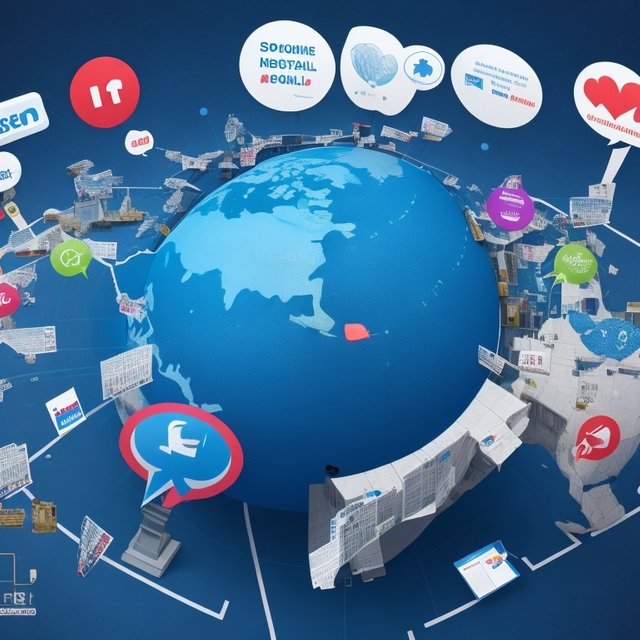The internet and social media have revolutionized the way we communicate and consume information. They have also had a profound impact on politics and social awareness around the world.
Politics
Politicians and political parties now use social media to connect with voters directly, bypassing traditional media outlets. They use social media to share their message, engage with voters, and raise money.
Social media has also made it easier for people to organize and mobilize around political causes. For example, the Arab Spring uprisings of 2011 were largely fueled by social media.
However, social media has also been used to spread misinformation and disinformation, which can have a negative impact on politics. For example, the spread of false information about the 2020 US presidential election contributed to the January 6th attack on the US Capitol.
Social awareness
Social media has also played a major role in raising social awareness around important issues such as climate change, racial injustice, and gender equality.
For example, the #MeToo movement has used social media to raise awareness of sexual harassment and assault. The Black Lives Matter movement has used social media to raise awareness of police brutality and racial injustice.
However, social media has also been used to spread hate speech and extremist views. For example, white supremacist groups have used social media to recruit new members and spread their hateful ideology.
Overall impact
The internet and social media have had a mixed impact on politics and social awareness. On the one hand, they have made it easier for people to connect and mobilize around important causes. On the other hand, they have also been used to spread misinformation and disinformation.
It is important to be aware of the potential negative impacts of social media and to be critical of the information we consume online. However, social media can also be a powerful tool for positive change.
Here are some specific examples of how internet communication and social media have influenced politics and social awareness in the world:
The Arab Spring: The Arab Spring uprisings of 2011 were largely fueled by social media. Activists used social media to organize protests and share information about the uprisings. Social media also helped to spread awareness of the uprisings to the rest of the world.
The Black Lives Matter movement: The Black Lives Matter movement has used social media to raise awareness of police brutality and racial injustice. The movement has also used social media to organize protests and demonstrations.
The #MeToo movement: The #MeToo movement has used social media to raise awareness of sexual harassment and assault. The movement has also used social media to hold powerful men accountable for their actions.
The rise of populism: Social media has been blamed for the rise of populism around the world. Populist leaders have used social media to spread their message and bypass traditional media outlets.
The spread of misinformation and disinformation: Social media has been used to spread misinformation and disinformation about a wide range of topics, including politics, health, and science. This can have a negative impact on public discourse and decision-making.
How to use social media responsibly
It is important to be aware of the potential negative impacts of social media and to be critical of the information we consume online. Here are some tips for using social media responsibly:
Be selective about who you follow and what pages you like. Only follow sources that you trust.
Be critical of the information you see on social media. Don't believe everything you read.
Fact-check information before sharing it. There are a number of websites that can help you to do this.
Be respectful of others. Don't post anything that could be considered offensive or hateful.
Social media can be a powerful tool for positive change. However, it is important to use it responsibly.
